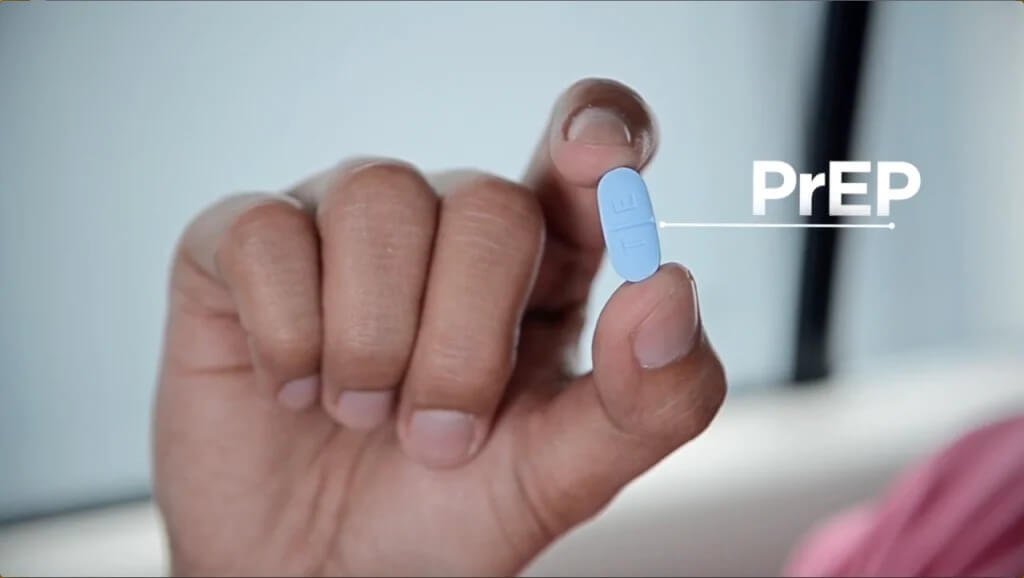Empowering Sexual Health: STD Testing, PrEP, and Taking Charge with Specialty Care
Sexual health is an integral part of your overall well-being. Engaging in safe and healthy sexual practices is crucial, but questions and uncertainties can arise. If you’re considering methods to minimize STD risks and prioritize your sexual health, exploring pre-exposure prophylaxis (PrEP) alongside confidential STD testing can be a valuable step. Sexually transmitted diseases (STDs) are infections that can be transmitted through sexual contact. PrEP is a medication regimen that can significantly reduce the risk of contracting HIV, a specific STD that weakens the body’s immune system. While consistent condom use remains the most effective method for preventing STDs, including HIV, PrEP offers an additional layer of protection for individuals at risk. Seeking confidential STD testing with specialty care can alleviate anxieties and provide a comfortable, reliable, and judgment-free environment for evaluation and discussions about PrEP as a potential prevention strategy.

Why Prioritize STD Testing and Consider PrEP? Proactive Steps for Sexual Health
Early Detection and Peace of Mind:
Regular STD testing allows for early detection and treatment of infections, preventing complications and protecting your sexual partners. Knowing your STD status empowers you to make informed decisions about your sexual health.
An Additional Layer of HIV Prevention:
PrEP, when taken as prescribed, can significantly reduce the risk of contracting HIV through sexual contact. This can be a valuable strategy for individuals who might be at higher risk of exposure.
Promoting Responsible Sexual Practices:
Regular STD testing and discussions about PrEP with a healthcare professional promote responsible sexual behavior and encourage open communication with your sexual partners about sexual health and prevention methods.
Benefits of Seeking Specialty Care for STD Testing and PrEP Consultations: Confidentiality, Expertise, and Support

Confidentiality and Non-judgmental Environment:
Specialty care providers prioritize patient confidentiality. You can discuss your concerns about STDs and PrEP openly and receive testing or guidance without judgment, ensuring a comfortable and safe environment.
Expert Evaluation and Testing Options:
Specialty care providers are equipped to conduct a thorough evaluation of your symptoms and medical history. They can perform physical examinations and order specific tests to determine the presence of an STD and provide an accurate diagnosis.
PrEP Consultation and Eligibility Assessment:
Specialty care providers can assess your eligibility for PrEP and discuss the medication regimen, potential side effects, and adherence requirements in detail. They can answer any questions you might have about PrEP and ensure it’s the right approach for your situation.
Treatment Plans and Ongoing Support:
If an STD is diagnosed, specialty care providers can design personalized treatment plans and offer ongoing support and guidance. They can also address any questions or concerns you might have about your sexual health.
Convenient and Accessible Testing Options:
Specialty care clinics often offer convenient appointment scheduling and flexible testing options, catering to busy lifestyles and ensuring easy access to confidential testing services.
STD Testing Options Available with Specialty Care: A Comprehensive Approach
Rapid Tests:
These tests provide quick results, often within minutes, for specific STDs like HIV or chlamydia. They are convenient for initial screening but might require confirmatory testing.
Blood Tests:
Blood tests can detect a wide range of STDs, including HIV, syphilis, hepatitis B and C, and others. Results typically take a few days.
Urine Tests:
Urine tests are commonly used to screen for chlamydia, gonorrhea, and other STDs. Results may be available within a few days.
Swab Tests:
Swab samples from the genitals can be used to detect various STDs, including chlamydia, gonorrhea, and human papillomavirus (HPV).
